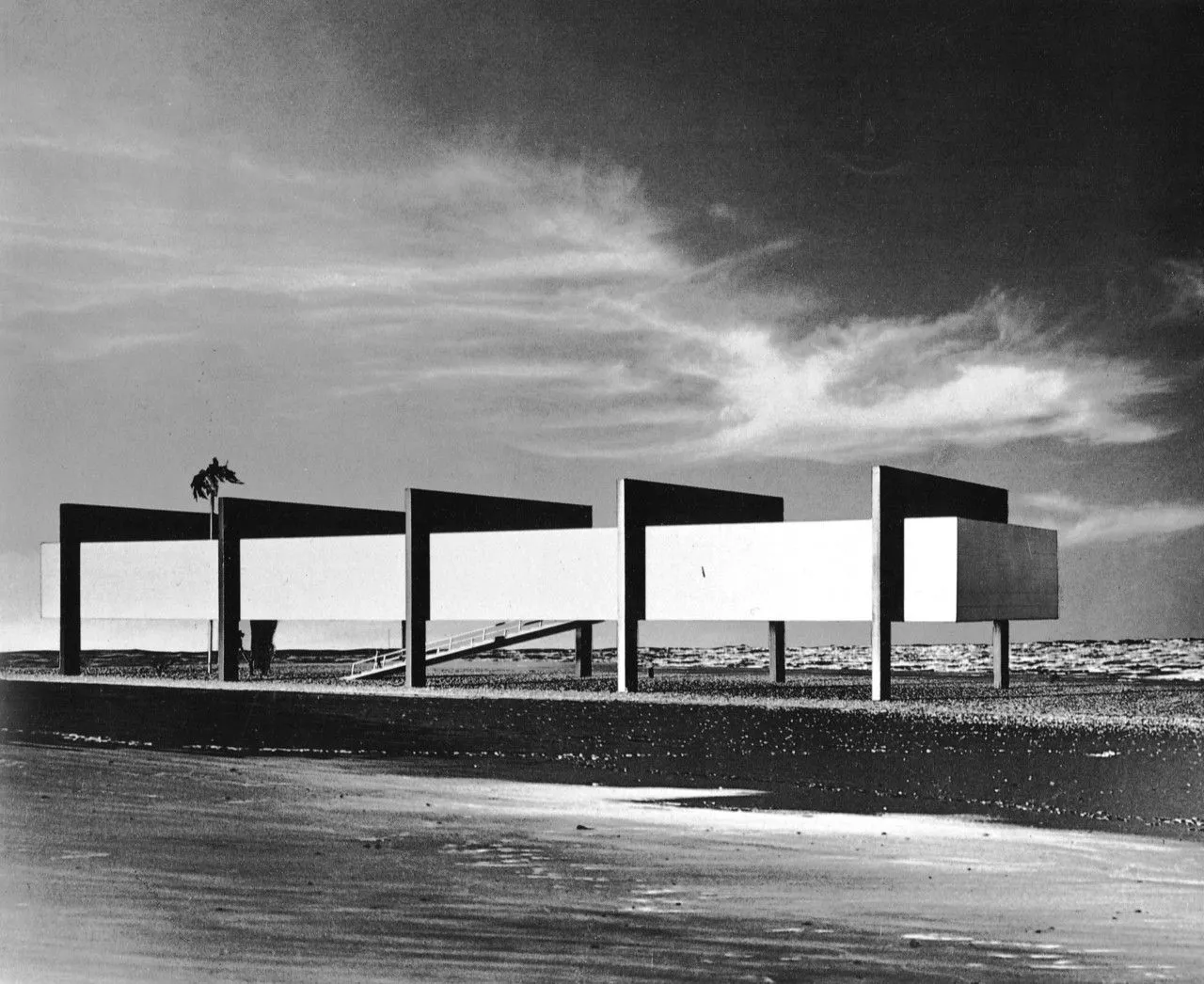
“How can we historicize and globalize contemporary debates about architectural sustainability and ethical placemaking?” asks Adrian Anagnost, a professor of art history in Tulane's Newcomb Art Department. Anagnost's ongoing research on socially engaged work by contemporary artists has led to new questions about projects that aspire to democratic ideals through the use of vernacular architecture—architecture specific to a particular place and time, created by people who are not recognized as architects by professional organizations. “We think of vernacular architecture as rooted in a particular place. It is responsive to its physical environment and to local cultural traditions. In the mid-twentieth century, though, vernacular architecture lay at the heart of global architectural debates,” Anagnost continued. This spring, Anagnost was awarded a prestigious fellowship from the American Council on Learned Societies (ACLS) to continue this investigation, focusing on networks of architects and critics spanning Brazil and Italy.
During her fellowship, Anagnost will begin research for a second book, expanding upon earlier research centered on ways that Brazilian artists and architects of the 1930s to the 1960s created works that critiqued, upheld, or intervened in urban Brazil’s socio-spatial inequalities. While conducting research for her first book project, Anagnost was drawn to the international circulation of architecture magazines and architecture exhibitions, and particularly noted parallells between Brazil and Italy.
“I’m thrilled to spend the next year researching and focusing on my new book project. It’s incredibly exciting to be building on the first book, but thinking across different geographic areas,” Anagnost said. “I’m also honored to have support from ACLS, an organization that encourages a broad, humanistic approach across various disciplines.”
Anagnost teaches the history of art, architecture, and photography at Tulane. Though the ACLS fellowship will support travel to see buildings and sites in Italy, the majority of Anagnost’s research will be archival, focusing on the photography of architecture in greater depth. “There’s this interesting gap between being in a space and feeling it, and then learning about different architectures by looking at photographs,” explains Anagnost. “This will be a focal point for this book, and it also allows me to consider pedagogical approaches to how I teach the history of photography.”
ACLS is a nonprofit federation of 75 scholarly organizations. The ACLS fellowship supports humanities and social sciences research, reinforcing the organization’s belief that knowledge is public good. This year, 81 fellows were chosen to spend a semester or year on research and writing out of more than 1,100 applicants.

